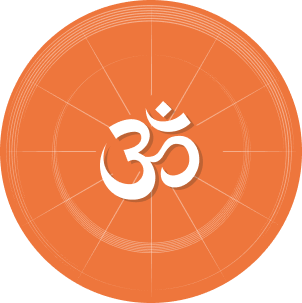Have question about Marriage, Career or Relationship?


Talk to our best Astrologers
Welcome to NamoAstro
You will receive a 4 digit code for verification
| Dates | Day | Chinese Festival/Event |
|---|---|---|
| January | ||
| 1 Jan | Sunday | New Year’s Day |
| 21 Jan | Saturday | Spring Festival Eve |
| 22 Jan | Sunday | Lunar New Year/ Chinese New Year |
| 23 Jan | Monday | Spring Festival Golden Week Holiday |
| 24 Jan | Tuesday | Spring Festival Golden Week Holiday |
| 25 Jan | Wednesday | Spring Festival Golden Week Holiday |
| 26 Jan | Thursday | Spring Festival Golden Week Holiday |
| 27 Jan | Friday | Spring Festival Golden Week Holiday |
| February | ||
| 5 Feb | Sunday | Lantern Festival |
| 21 Feb | Tuesday | Zhonghe Festival |
| March | ||
| 8 Mar | Wednesday | International Women’s Day |
| 12 Mar | Sunday | Arbor Day |
| 21 Mar | Tuesday | March Equinox |
| April | ||
| 5 Apr | Wednesday | Qing Ming Jie |
| May | ||
| 1 May | Monday | Labor Day |
| 4 May | Thursday | Youth Day |
| June | ||
| 1 Jun | Thursday | Children’s Day |
| 21 Jun | Wednesday | June Solstice |
| 22 Jun | Thursday | Dragon Boat Festival |
| July | ||
| 1 Jul | Saturday | CPC Founding Day |
| 11 Jul | Tuesday | Maritime Day |
| August | ||
| 1 Aug | Tuesday | Army Day |
| 22 Aug | Tuesday | Chinese Valentine’s Day |
| 30 Aug | Wednesday | Spirit Festival |
| September | ||
| 10 Sep | Sunday | Teacher’s Day |
| 23 Sep | Saturday | September Equinox |
| 29 Sep | Friday | Mid-Autumn Festival |
| October | ||
| 1 Oct | Sunday | National Day |
| 2 Oct | Monday | National Day Golden Week Holiday |
| 3 Oct | Tuesday | National Day Golden Week Holiday |
| 4 Oct | Wednesday | National Day Golden Week Holiday |
| 5 Oct | Thursday | National Day Golden Week Holiday |
| 6 Oct | Friday | National Day Golden Week Holiday |
| 7 Oct | Saturday | National Day Golden Week Holiday |
| 23 Oct | Monday | Double Ninth Festival |
| November | ||
| 8 Nov | Wednesday | Journalists’ Day |
| December | ||
| 22 Dec | Friday | December Solstice |
| 25 Dec | Monday | Christmas Day |
In China and many Chinese communities around the world, the Chinese calendar is used for traditional purposes by people of Chinese origin. The Chinese calendar is a lunisolar calendar, meaning it is a year-round calendar that includes both a sun year and a lunar year, and it is used to determine important festival dates.
The calendar used in China is lunisolar. It is based on precise astronomical observations of the longitude of the Sun and the phases of the Moon. It strives to align its years with the tropical year and resembles the Jewish calendar to some extent.
An ordinary year has 353–355 days, whereas a leap year has 383–385 days. In both of these calendars, a common year has 12 months and a leap year has 13 months.
Although the Chinese calendar originated in China, these days, the Gregorian calendar is used for civil purposes. However, the Chinese calendar is still observed among various Chinese communities around the world. It is used to determine festival dates, such as Lunar New Year, as well as auspicious dates, such as wedding dates. It is also used to determine Moon phases because it follows the Moon.
The years are not counted in an endless succession on the Chinese calendar. For each cycle of 60 years, a name made up of two parts is given to each year. A heavenly stem is the initial element: